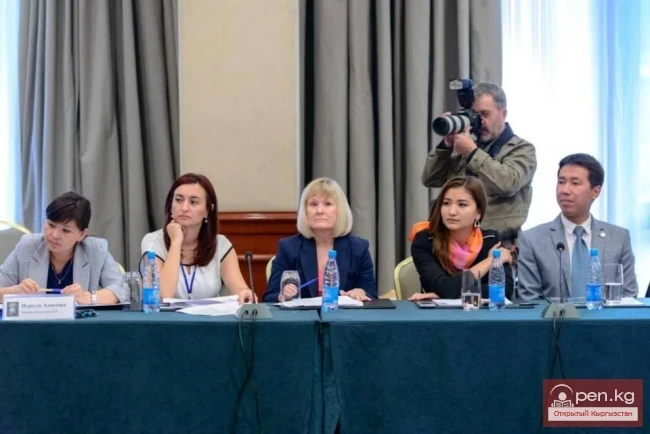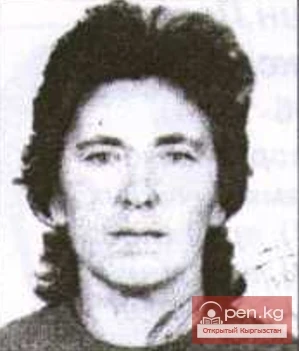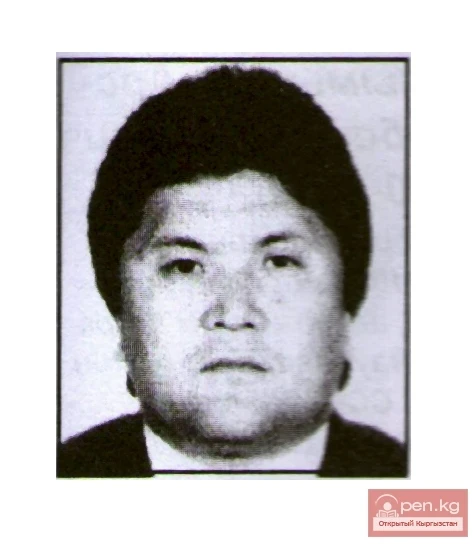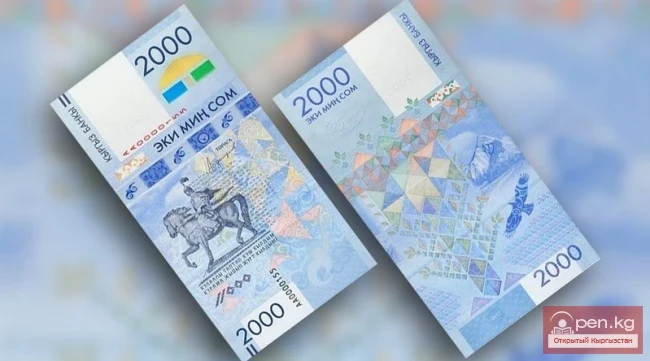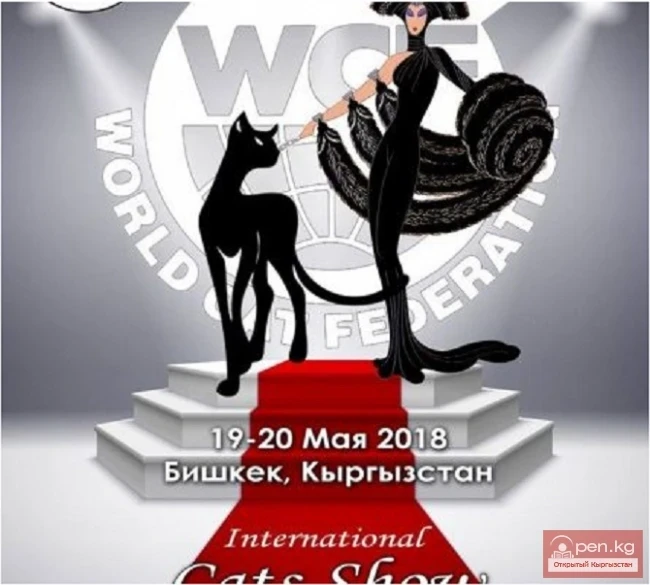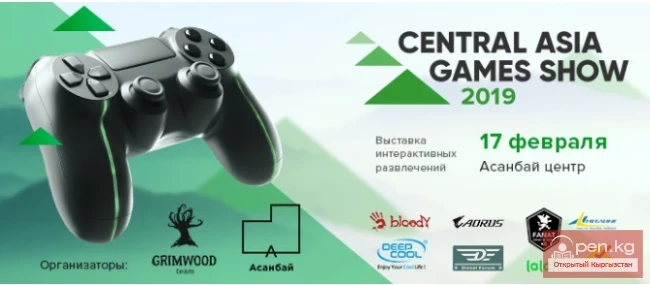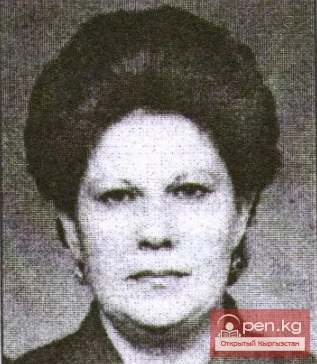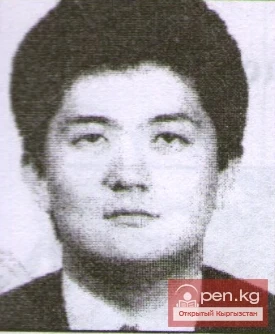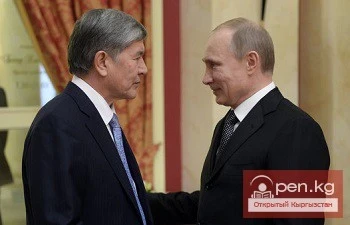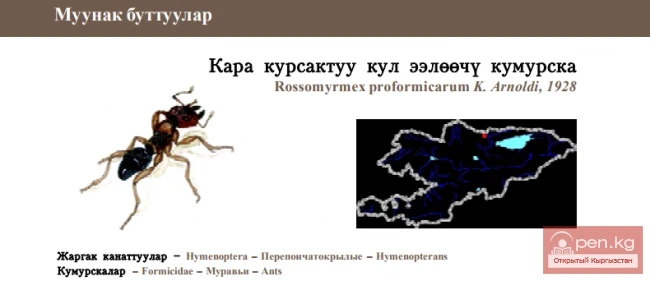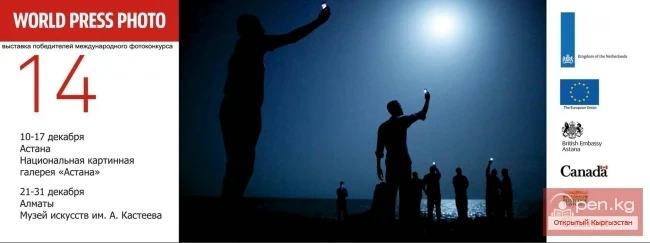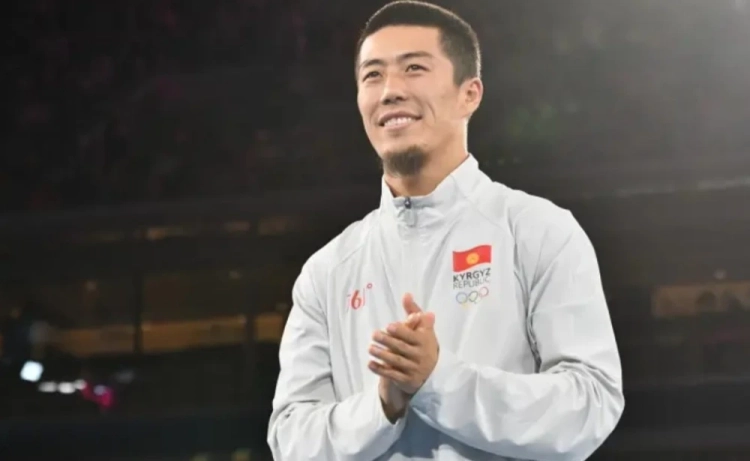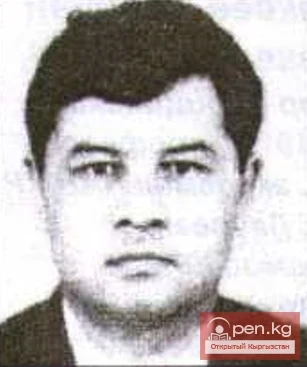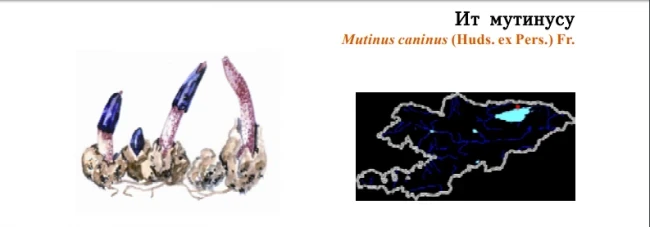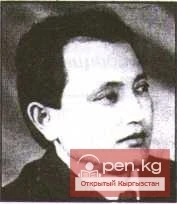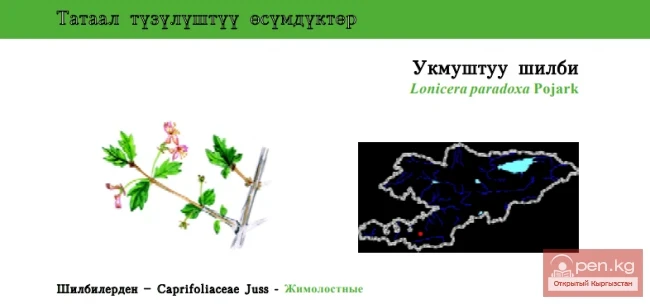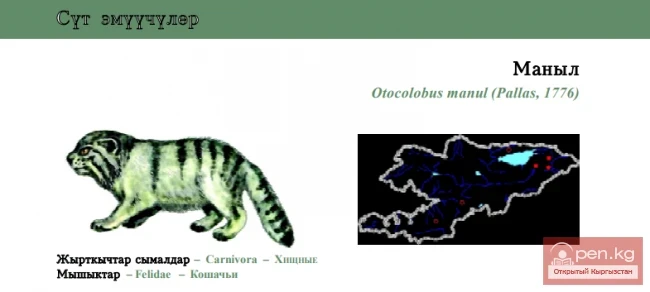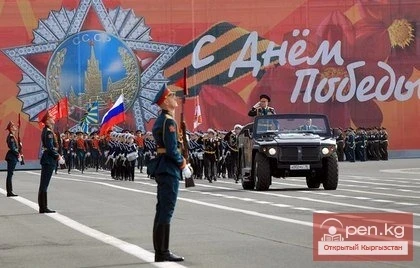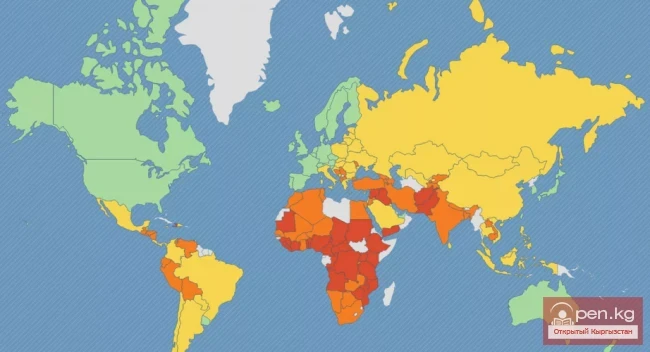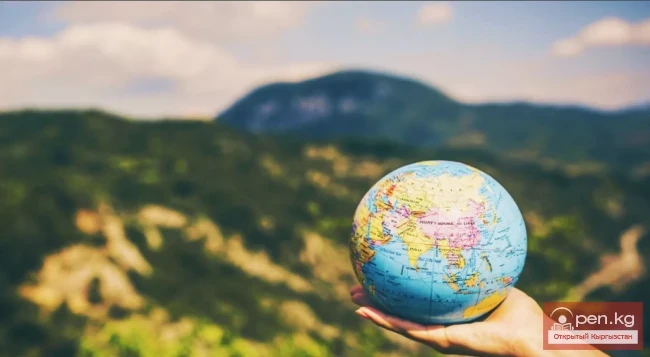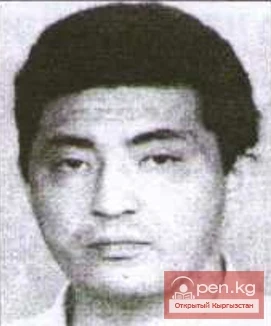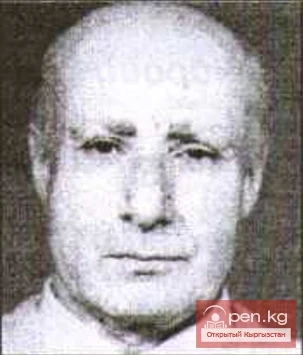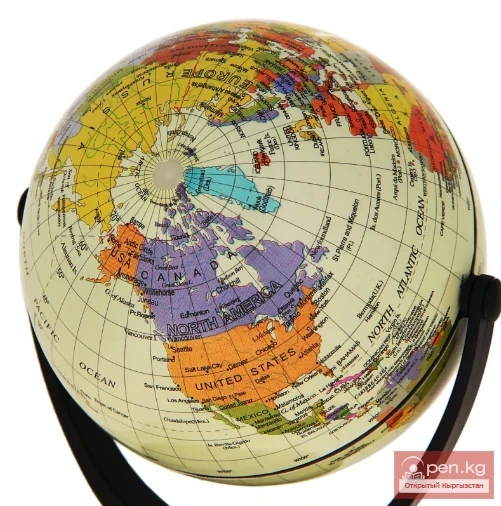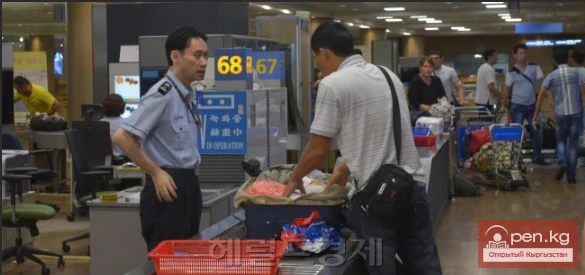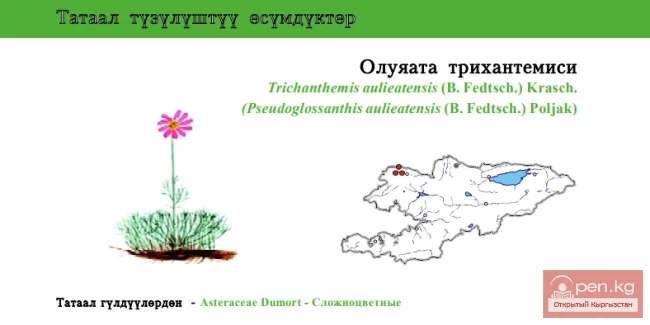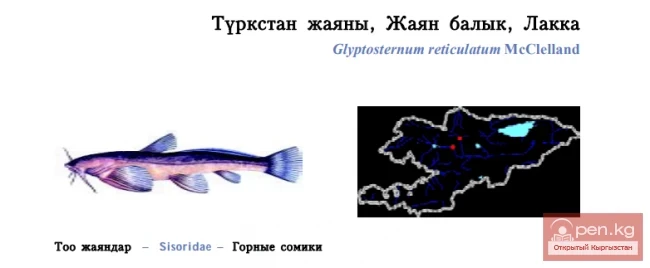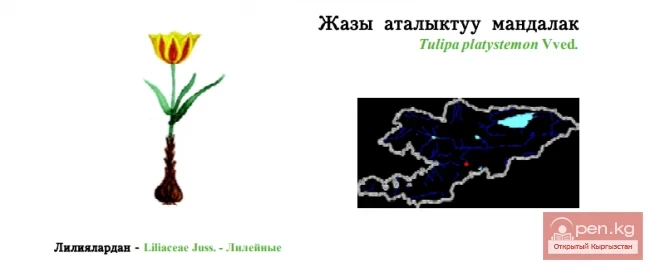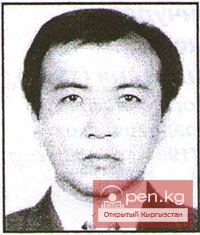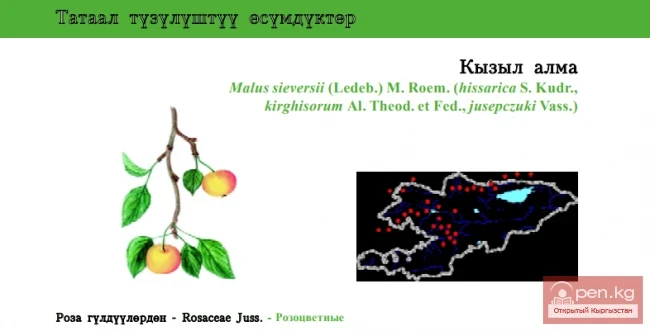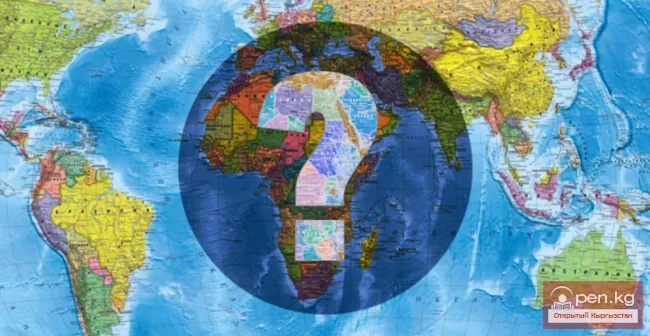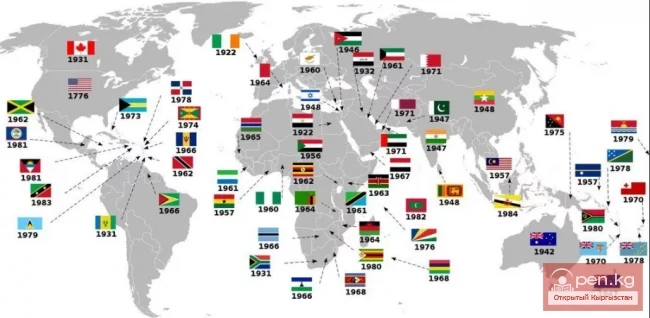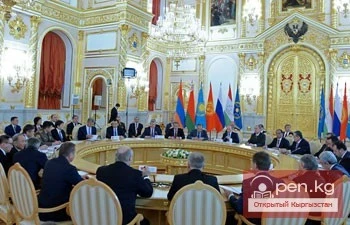
- We again declare our resolute condemnation of terrorism in all its forms and manifestations, emphasizing that no terrorist acts can be justified on ideological, religious, political, racial, ethnic, or any other grounds, - states the document. - We consider mass killings of civilians by terrorists, barbaric destruction of historical monuments, and desecration of religious shrines to be incompatible with the norms of morality, humanism, and spirituality. Being convinced of the necessity of consolidating the efforts of the entire world community for effective struggle against terrorism, we advocate for the formation of a broad coalition based on the provisions of the UN Charter, norms, and principles of international law without politicization and preconditions. We call on all states to strictly comply with the requirements of anti-terrorist resolutions of the UN Security Council and the General Assembly. We see as a priority the task of decisively suppressing the activities of the terrorist group ISIS, which has unleashed brutal bloodshed in many countries and poses a threat to all humanity. We note the growing security threats in Central Asia associated with the increased activity of ISIS, the Taliban, al-Qaeda, and other terrorist organizations on the territory of Afghanistan, which leads to a surge of tension on the southern borders of the CSTO, directly threatening to destabilize the situation in its area of responsibility. We believe that further development of cooperation within existing regional structures and expansion of interaction among states on issues of combating terrorism, both at the political level and at the level of special services, relevant ministries, and agencies, will contribute to maintaining stability in the Eurasian space and in the world as a whole. We attach great importance to further strengthening comprehensive measures against the ideology of international terrorism and religious extremism. We are convinced that to strengthen civil immunity to the spread of radical ideas, it is necessary to complement the efforts of state competent authorities with the potential of public structures, media, and religious denominations.
Each of the countries proposed its own solutions to the problem. In particular, the head of Tajikistan, Emomali Rahmon, touched upon the issues of recruitment of citizens by religious extremists.
- The rapidly changing situation in the region with the involvement of new forces has provoked a complex and unpredictable situation and presented the organization with new urgent tasks, - noted the Tajik president. - For the CSTO member states, the most dangerous thing is that some of our citizens are participating in military conflicts in the region. Our meeting today allows us to mobilize our relevant structures for interaction and data exchange. Tajikistan, given its location, is at the forefront of the struggle and is taking all measures to counter these challenges and threats.
For his part, Rahmon proposed that the organization take measures to maintain the armed forces in a state of constant readiness. His colleagues agreed with this decision.
However, despite the mass joint anti-terrorist military exercises of the CSTO countries and numerous documents on cooperation, the members of the union have effectively shown that they are united only on paper. Over the past six months, this has been well demonstrated by two issues. The first is the lingering consequences of Nagorno-Karabakh. Regular shelling from Azerbaijan, which continues to this day, including from Turkish-made weapons, stubbornly remains unnoticed by the union. So stubbornly that the head of Armenia, Serge Sargsyan, was forced to openly state at a meeting that the CSTO is losing its prestige by ignoring the facts of escalating aggression from Azerbaijan.
- Every time the Armed Forces of Azerbaijan use firearms of all calibers, mortars, and artillery against the Republic of Armenia, they are shooting at Astana, Dushanbe, and Bishkek, at Moscow and Minsk. I remind you that we have a relevant article in the Charter. And if we not only do not apply this article, do not discuss the existing situation, do not consider it necessary to pick up the phone and inquire about what is happening in our allied Armenia, but also vote against the interests of our ally in international organizations, adopt bilateral declarations with third countries, the text of which is directed against CSTO allies, then we are simply exposing our entire Organization, its prestige, its significance, to these shots, - he noted.
Finally, the CSTO allies expressed support for Russia's actions at the international level as an assistant in resolving the Syrian conflict and destroying ISIS only post factum. None of the countries immediately supported Russia's first statement regarding the downed Turkish SU-24 bomber and did not assess what happened immediately after the disaster. Kazakhstan and Kyrgyzstan, which had previously emphasized their belonging to the "Turkic world" and have close trade and economic ties with Turkey, simply did not want to create unnecessary international problems and remained silent until it was possible. The Tajik side responded with a vague statement from the Ministry of Foreign Affairs, stating that what happened needs an "objective assessment that contributes to de-escalating the situation and normalizing the aggravated Russian-Turkish relations." The Belarusian Ministry of Foreign Affairs also avoided the slippery question of approving any side of the participants in the incident.
- Such tragic and very dangerous incidents cause deep regret and extreme concern. Especially when they occur in a region where there has been a bloody armed confrontation for several years, and when the participants in such incidents are our brotherly Russia and friendly Turkey, - noted the press secretary of the Belarusian Ministry of Foreign Affairs, Dmitry Mironchik, in response to journalists' questions. - In any such situations, restraint, joint work on de-escalating tensions, and clarifying all the details of the incident are required to avoid their repetition in the future.
Armenia, due to its geographical proximity to Turkey, historically complex relations, and potential security threats from the Turkish side, has expressed the most sharply on the situation to date.
- While the attention of the international community is focused on the fight against international terrorism, such actions are a blow to these efforts, - noted the Armenian Minister of Defense Seyran Ohanyan at a joint briefing with Serbian Defense Minister Bratislav Gašić. - The international community must make efforts to prevent the escalation of the situation.
One country out of five, logically obliged to support its military ally. While in NATO, Turkey's position was immediately unconditionally defended by many other member countries of the alliance, despite the facts indicating the wrongdoing of the Turkish Air Force from the perspective of international laws and elementary logic.
Grigory Trofimchuk, chairman of the Expert Council of the Research Support Foundation "Workshop of Eurasian Ideas," shared his position with News-Asia on this matter and on the overall outcomes of the last summit. In his opinion, a critical moment has come for the CSTO - only Russia is taking an active position, and this is not enough to ensure collective security.
- The task of all the recent CSTO summits is essentially only one: an attempt to understand how ready the member countries of this military bloc are to participate in the unfolding war not far from them. And even - on whose side. Because participation in the CSTO by any of these countries, unfortunately, is not yet a guarantee that at a critical moment it will not side with the West and the USA. That is, the moment of truth for the CSTO has practically arrived, and if this alliance does not respond to the existing challenges and threats, it will not be able to protect itself, its territories, and its population. At this point, it is no longer so important how and why this war started - what matters now is not to fall under its "treads." Let's be frank: the countries within the CSTO a) are not ready to fully believe in Russia's military power; b) and precisely for this reason, they fear the USA, NATO. That is, the Atlantic bloc, which they should, in theory, resist together, - believes the expert. - To justify their position, each side seeks some common formulations. Therefore, within the CSTO, there are currently no allies in the true sense of the word, but the same economic partners, smoothly transitioned from the SCO, EAEU, and other organizations. An ally is someone who is ready to go into battle for you without any money. There is a difference between the position of Russia and Armenia, on the one hand, and all other CSTO members, on the other. Armenia is at the intersection of all problems (Turkey, Karabakh, the Middle East, etc.) and therefore cannot occupy a similar position of a mere observer. But it is still not clear whether Yerevan is ready to send its soldiers for actions in Syria. This aspect is part of the moment of truth.
- What could the decision of the CSTO allies regarding non-intervention and the actual refusal to assist in the Syrian conflict mean for Russia not in words? Does this imply a possible split in the near future of both the CSTO and other unions (SCO, EAEU) involving Russia and Central Asian countries?
- For Russia, such a situation could result in obvious things: a multiple increase in defense spending in the CSTO area of responsibility and solitary participation in all upcoming, small and large, wars. And if Russia loses strength in the process, or simply put, loses, then all the economic unions you mentioned will gradually begin to disintegrate, dissolve, and change their format. If, however, Russia starts to win in reality (I want to emphasize: really, physically), then both the CSTO and all other pro-Russian unions will begin to gain strength. But so far we see the opposite processes. At the moment, it seems that for the CSTO countries - as they say, a sweet deal, to continue holding leisurely comfortable summits on drug trafficking and terrorism issues. As long as they are not disturbed by pressing and urgent military-time questions. The situation could change with the war directly entering one of the countries in the bloc - for example, in Central Asia. Then Russia and Armenia - already within the CSTO itself - may gain some additional supporters.
